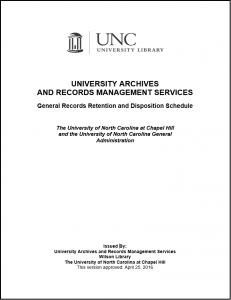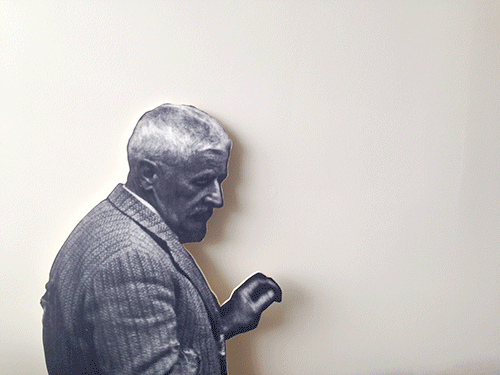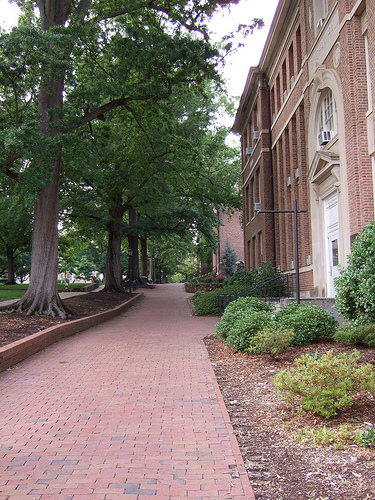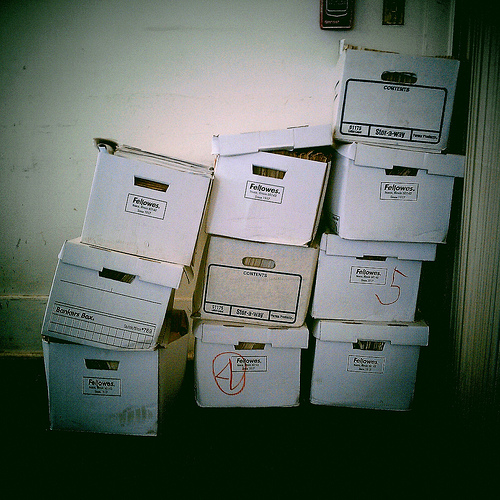 We’re excited to announce the release of a new, improved edition of the University’s General Records Retention and Disposition Schedule. The Schedule is a guide to the records produced by UNC Chapel Hill and UNC General Administration and their disposition – whether and when records should be discarded or transferred to University Archives.
We’re excited to announce the release of a new, improved edition of the University’s General Records Retention and Disposition Schedule. The Schedule is a guide to the records produced by UNC Chapel Hill and UNC General Administration and their disposition – whether and when records should be discarded or transferred to University Archives.
The new edition, which can be found on our website, supersedes the previous schedule released in 2012. so I encourage you all to review the sections of the new schedule that are most relevant to your records and update any of your unit’s internal documentation and policies that refer to the old schedule.
Many thanks to everyone on campus, at the NC Department of Natural and Cultural Resources, and at UNC General Administration who provided vital feedback and support during the revision process.
Please direct any questions you have about the new schedule and other records management inquiries to recman@unc.edu.



